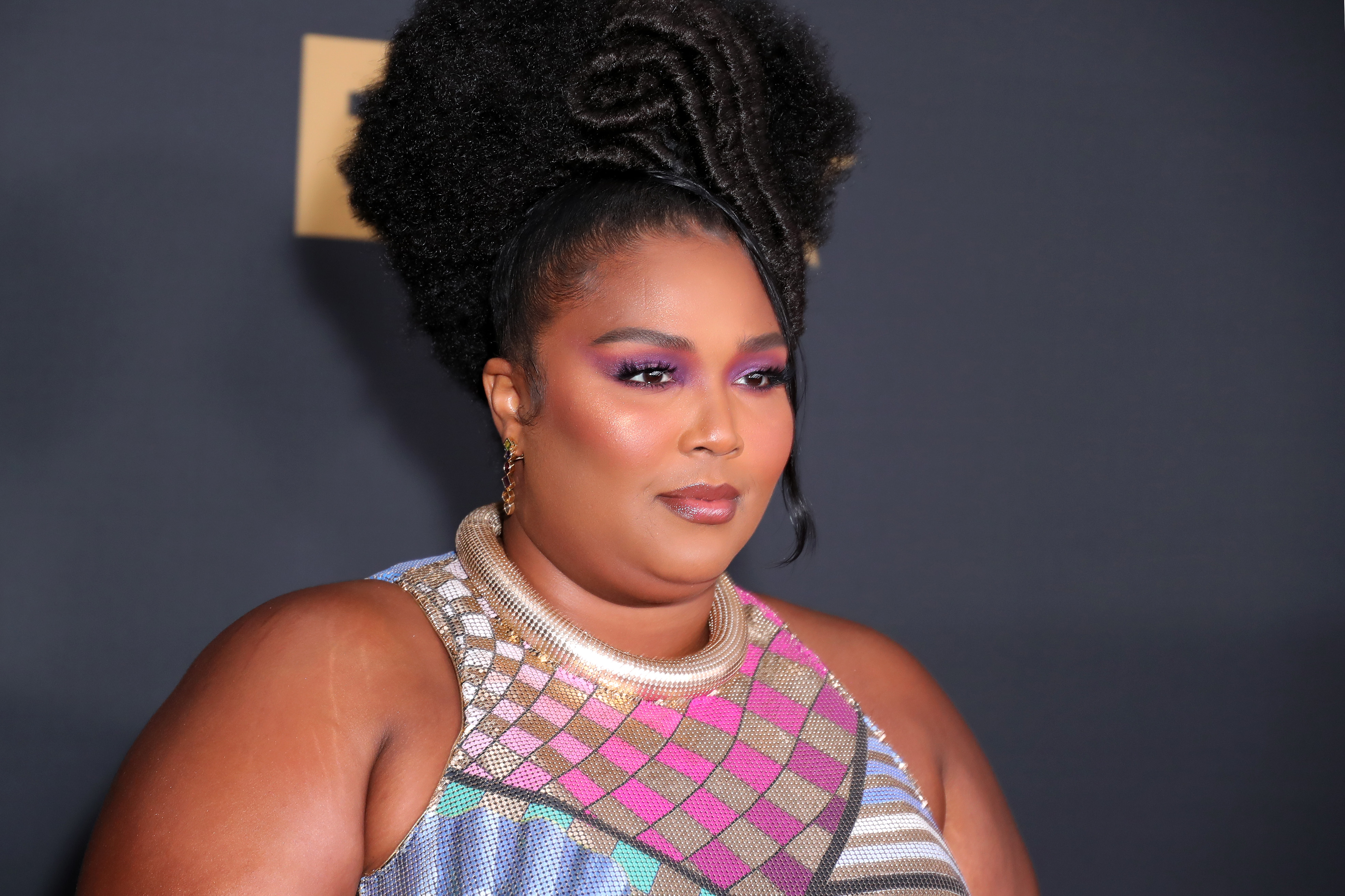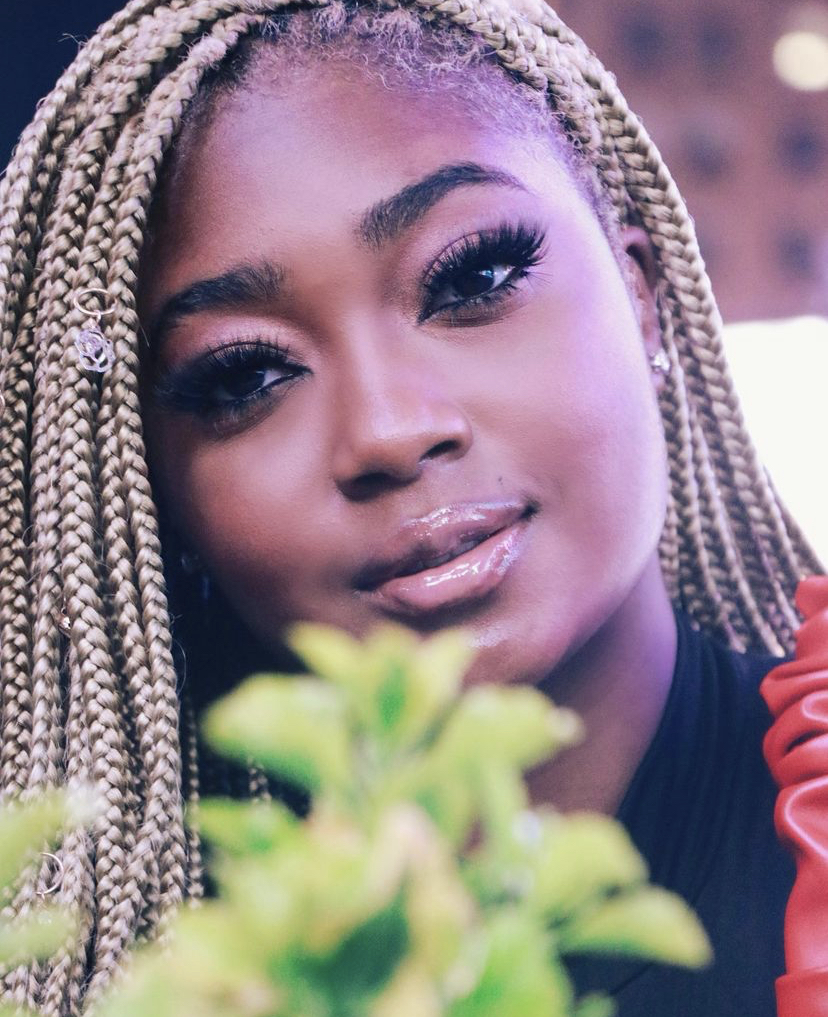

Lizzo‘s career, like many musical phenoms of the digital age, has been unequivocally marked by the internet’s trollish proclivities. In spite of her luminous stardom, critics relentlessly admonish her for her body autonomy and liberation — a hallmark of her artistic identity. Following the recent debut of her collaboration with Cardi B, “Rumors,” the popstar is facing yet another barrage of fatphobic and racially-motivated comments.
In an intimate Instagram Live with her fans on Sunday, Lizzo expressed how her momentous debut has been unfortunately blighted by social media’s comments on her appearance. “On the days I feel I should be the happiest … I feel so down,” she tearfully shared. “Like, I worked so hard. I’ve been working triple time, quadruple time.”
“People saying sh*t about me that just doesn’t even make sense. It’s fat-phobic, and it’s racist and it’s hurtful,” she vented. “If you don’t like my music, cool. If you don’t like ‘Rumors’ the song, cool. But a lot of people don’t like me because of the way I look …”
While some fans expressed their general indifference towards the record, others egregiously compared Lizzo’s expanse of her sonic repertoire to her pursuing the caricature of a “mammy.” The trope, which gained popularity during the Jim Crow era, portrayed a plus-sized Black female servant of darker-skin who was inherently docile and submissive. Moreover, the de-eroticism embedded in the archetype has long pushed the notions that plus-size women are innately undeservingly of love and only existed to cater to the whims of others, particularly their white employers.
In a rebuke of the racially-charged insult, she said, “What I won’t accept is y’all doing this to Black women over and over and over again — especially us big Black girls.” She continued, “When we don’t fit into the box you want to put us in, you just unleash hatred on us. It’s not cool. I’m doing this s*** for the big Black women of the future who just want to live their lives without being scrutinized or put into boxes.”
Loving yourself in a world that don’t love u back takes an incredible amount of self awareness & a bullshit detector that can see through ass backwards societal standards…
if u managed to love yourself today I’m proud of u.
If u haven’t, I’m still proud of u. This shits hard
— ALL THE RUMORS ARE TRUE (@lizzo) August 15, 2021
While the single’s visuals have surpassed 10 million views on YouTube and currently sits at No. 1, questions of who the star’s target demographic is still looms over its debut. The hotly-contested remarks appear to stem from genuine curiosity, but their prevalence undoubtedly asserts the long-standing beliefs that Black artists must confine themselves to a particular audience with minimal space for exploration. “I’m not making music for white people. I’m not making music for anybody. I’m a Black woman making music. I make Black music, period. I’m not serving anyone by myself… Everyone’s invited,” she added.
In a final message to her fans on Sunday evening, Lizzo wrote to Twitter, “Loving yourself in a world that don’t love u back takes an incredible amount of self awareness & a bullsh*t detector that can see through a*s backwards societal standards…”














